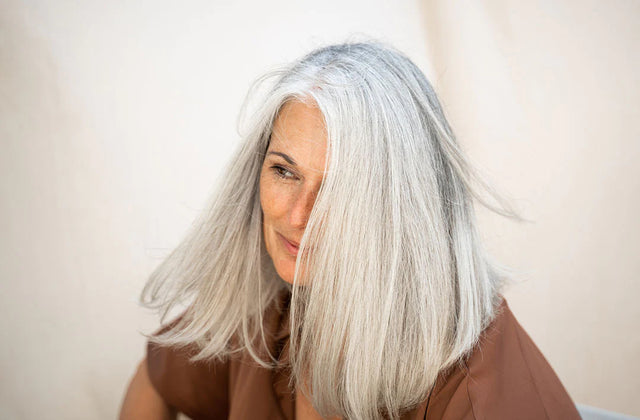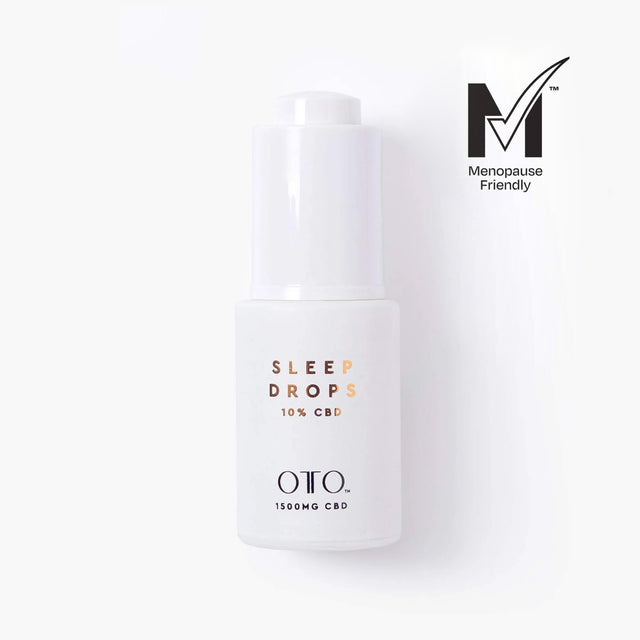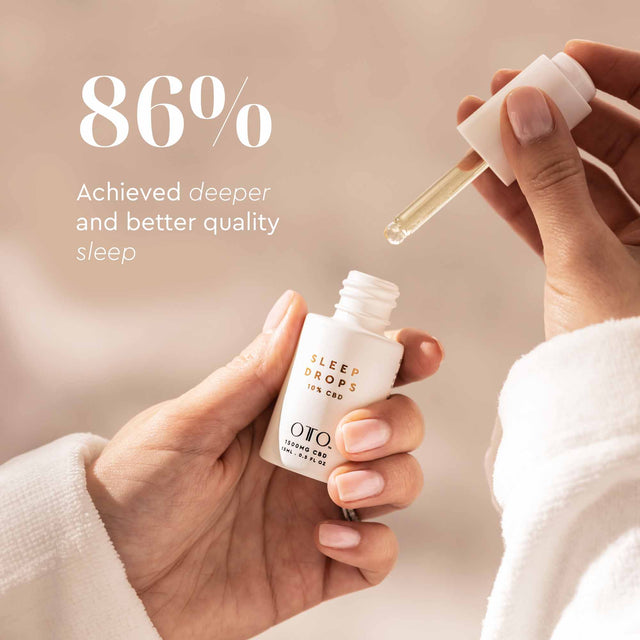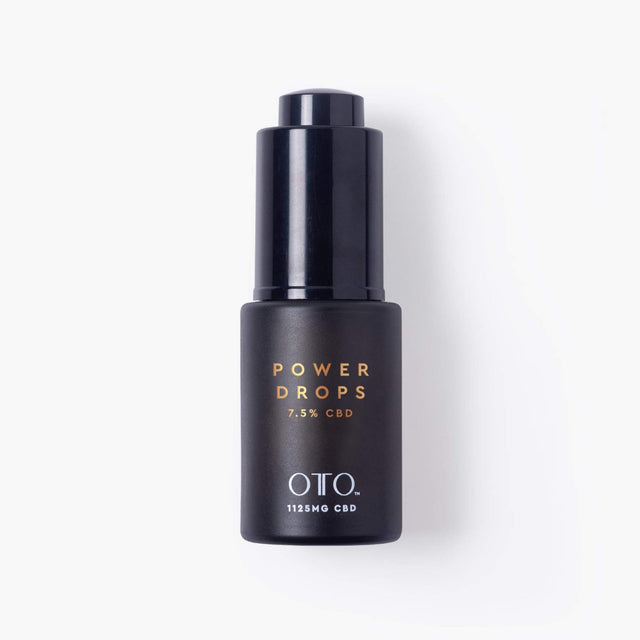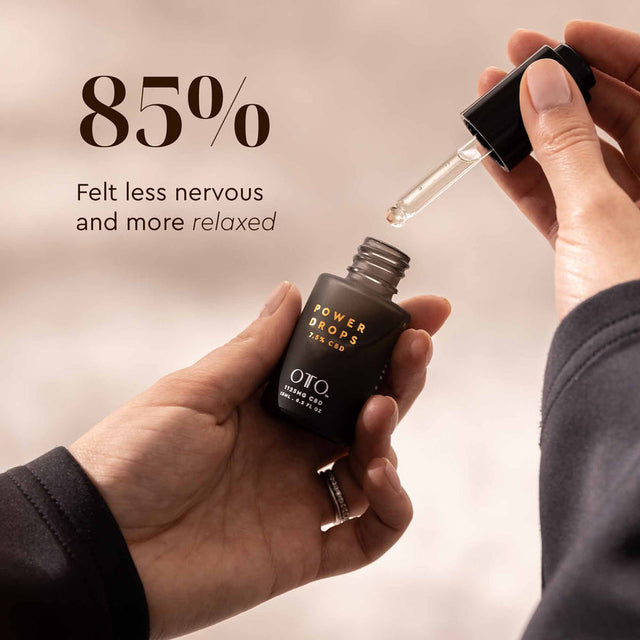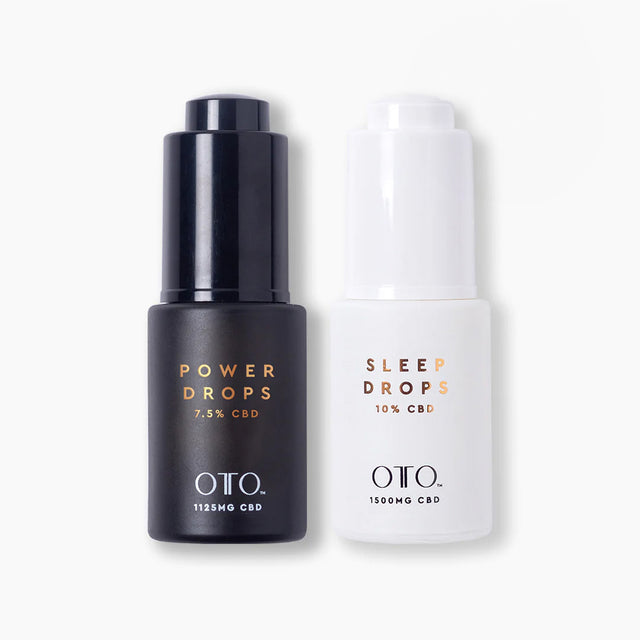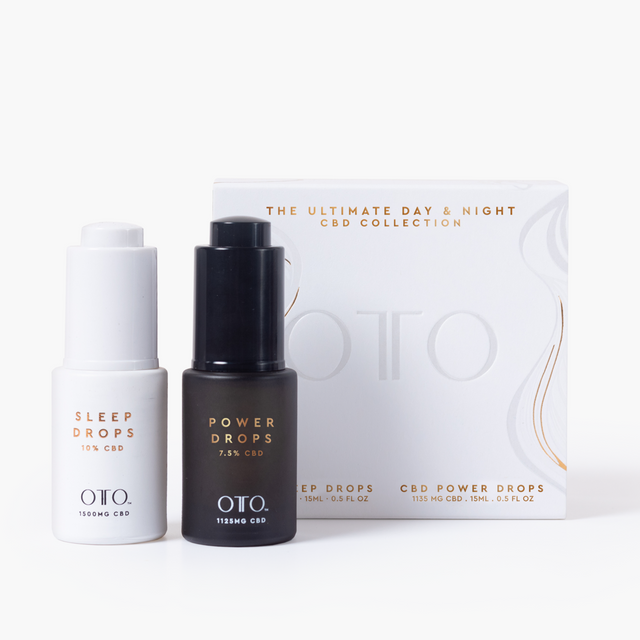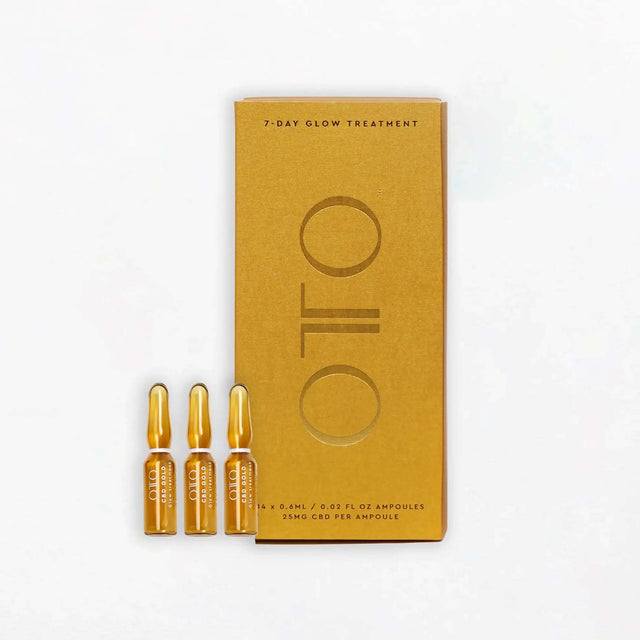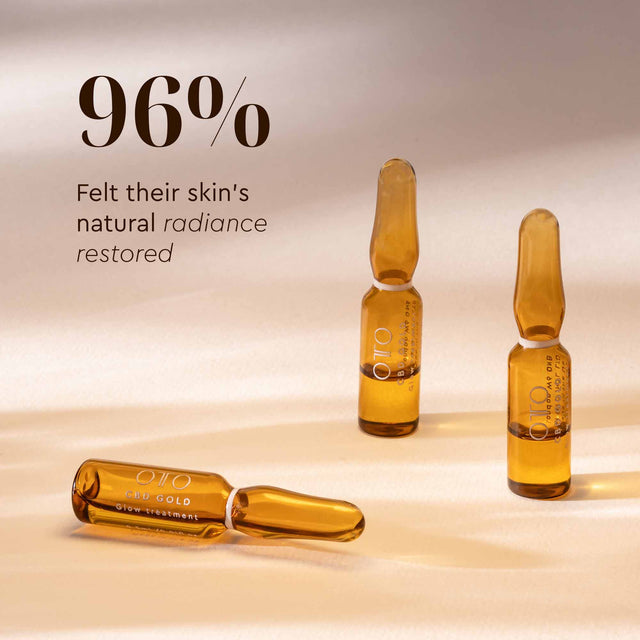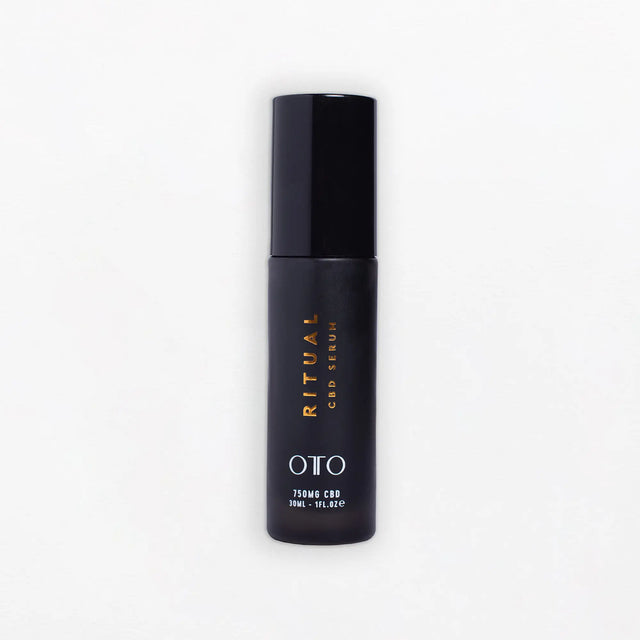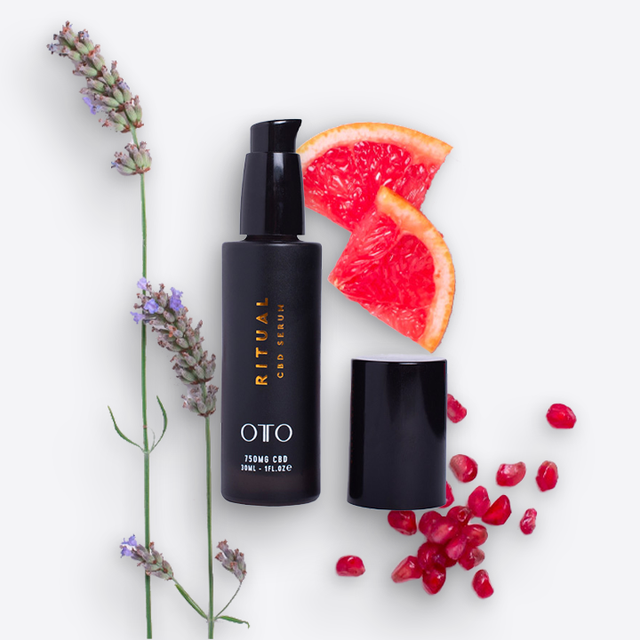Curious about the M-word? Welcome to the second act.
We spoke to our partners & menopause experts, MPowered, about the biochemistry of menopause, the whole body and mind experience and life after stepping into your ‘Second Spring'.
100% of women will experience menopause. It lasts around 8-10 years. 75% of us are likely to have symptoms that impact our quality of life. And all of us can benefit from learning more about it so we can nourish our bodies and minds.
The biochemistry of menopause
Some refer to menopause as reverse puberty. And with good reason. Until our mid to late 30s, most of us will experience a regular monthly cycle, with progesterone and oestrogen playing in harmony. As we transition into menopause, this changes. Those key hormones begin to fluctuate.

A whole body and mind experience
The language around menopause is not helpful! But it is valuable to understand the transition from a biochemical perspective.
Perimenopause: Until very recently, perimenopause, the period leading up to menopause was rarely mentioned. It means, quite simply, ‘Before Menopause’. For most of us we’ll be in it by our early 40’s. Our menstrual cycle may still be regular. We may still be able to get pregnant. However biochemically our bodies are transitioning. There are now 34 symptoms associated with menopause - but, from conversations in our community, we have captured many more indicators. And it’s important to recognise that these hormonal shifts impact our minds as well as showing up as physical changes. From anxiety, to imposter syndrome. From sleeplessness to a racing heartbeat. Bone ache. Changes to hair and skin. Stomach discomfort. And the more recognised symptoms of brain fog, mood swings and hot flashes. But perhaps the most common early indicator we hear is, ‘I just don’t feel like me anymore’.

Menopause: Menopause itself is simply a retrospective date in the diary. It marks the 12 month anniversary of your last bleed. It can be hard to identify. For example, you may have 8 months without a cycle and then have a bleed - and this would mean that you would begin counting 12 months again. You may be on contraception that controls your cycle. You may simply forget. But it marks the end of our ovaries reproductive function. In the UK, menopause is likely to occur, naturally, around the age of 51 but can be earlier. For 5% of us it will naturally occur under the age of 45. And - as is always the case with statistics, the reality across ethnicities and individuals with different family histories can be very different from what we label as 'typical'.
Post menopause: This lifestage is effectvely the rest of our lives. And, for those of us in midlife right now, we are the first generation that could live 40-50% of our lives ‘post-menopause’. And, contrary to the stories we’ve inherited, something rather special begins to happen.

Step into your ‘Second Spring’
In Chinese Medicine, the menopause transition is called your ‘Second Spring’. It is seen to be the point that we step into our full potential and power. And, as is so often the case, what has been passed down from generation to generation through traditional medicine practices, is being verified through contemporary research.
If you’re heading there, learn about your body and your hormones now. They’re phenomenal. And if you’re ‘in it’, don’t settle for survival. Seek out the support and tools that work for you in order to thrive.
And, if you’re now officially entering Part 2. This Part is all about you.
